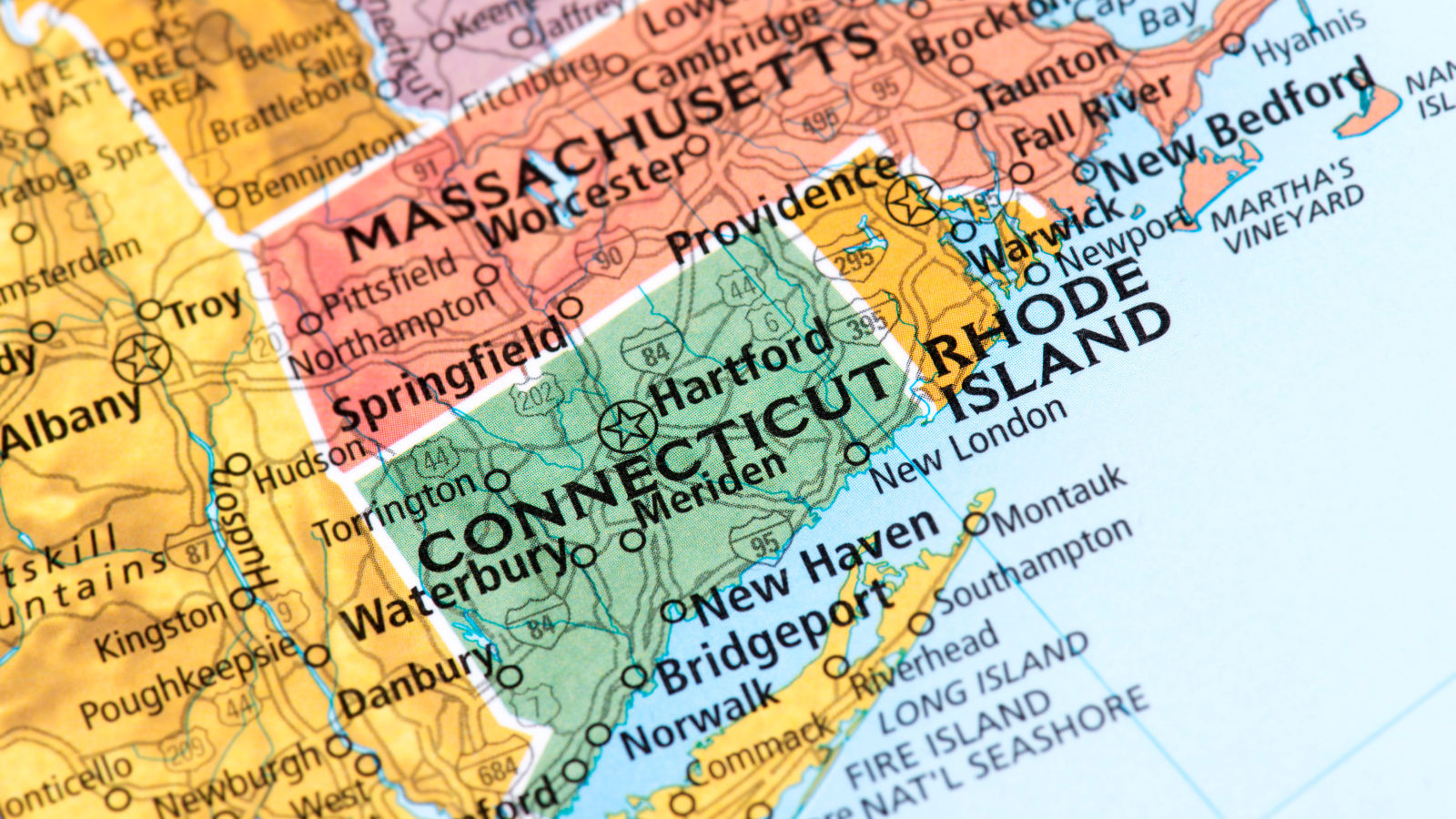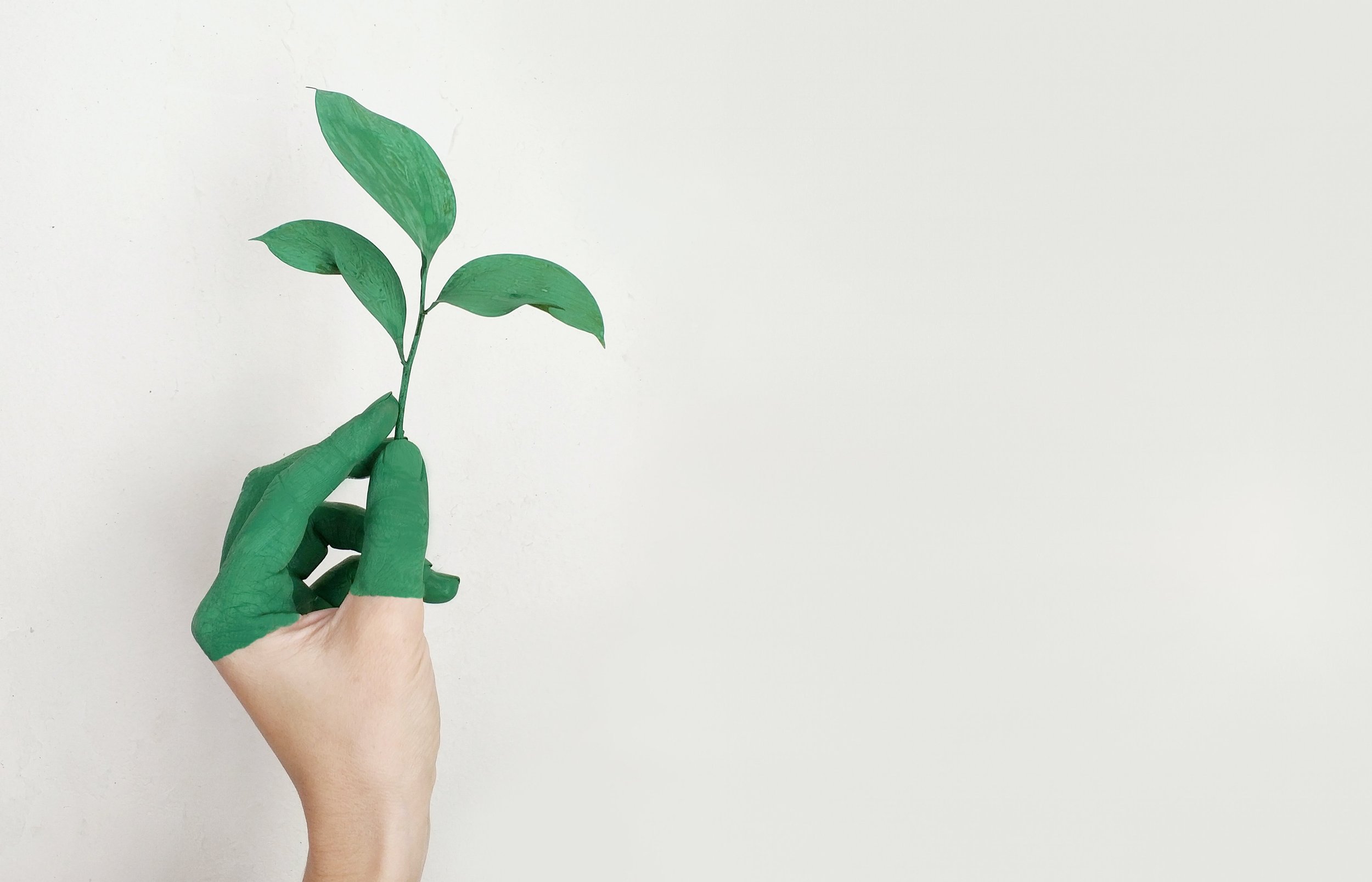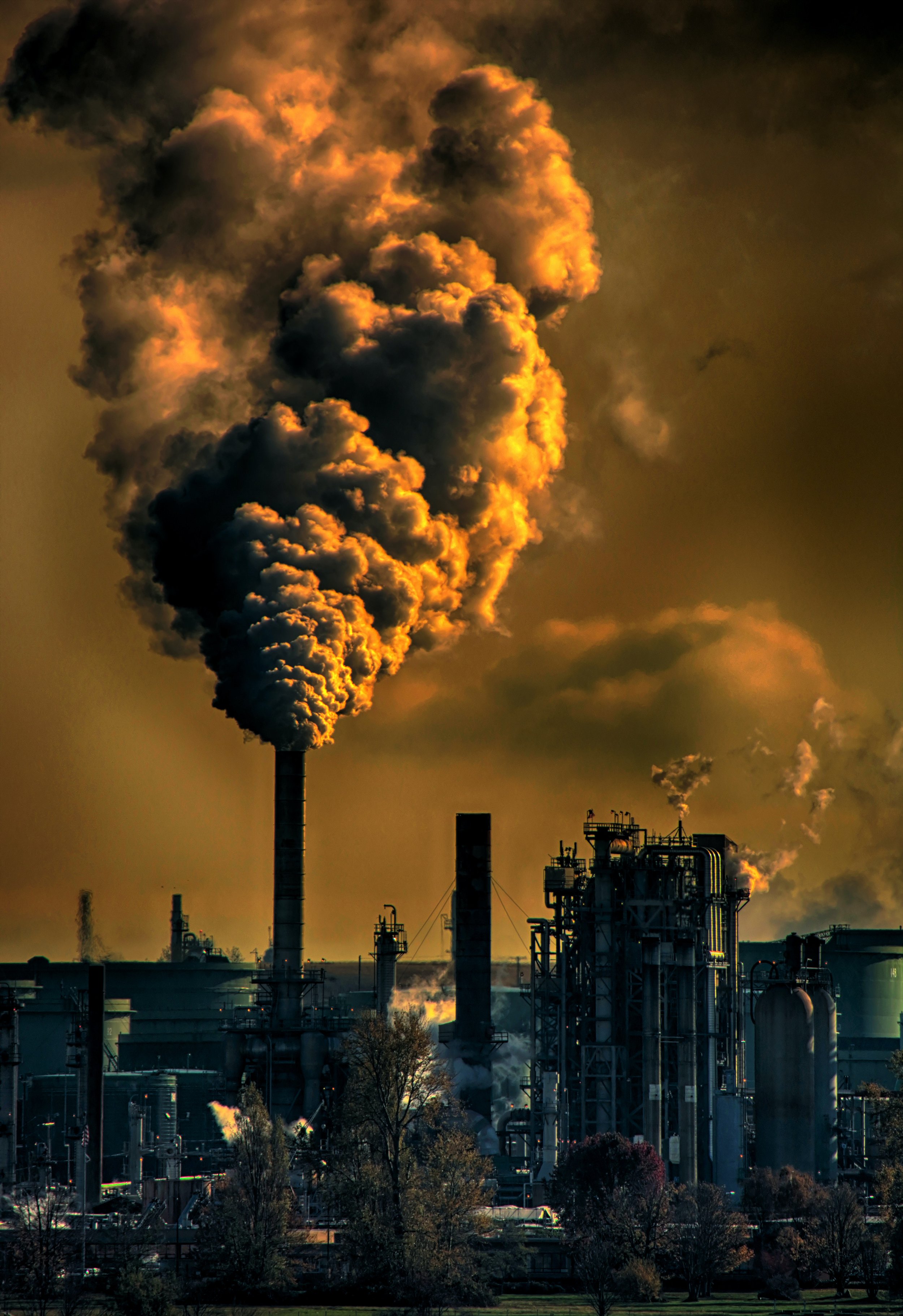Packaging industry standards are changing to become more sustainable
Packaging regulations are on the rise for industries on a mission to practice sustainability. Landfills are full of packaging for US consumers’ food and beverages - accounting for nearly half of the garbage. The Plastic Minimum Content Standards law took effect in California, which requires all plastic beverage containers in the state’s bottle deposit program to contain a minimum of 15% recycled content. The percentage will increase over the next ten years to at least 50% by 2030.
Sustainable packaging is important in the food industry for a number of reasons. Traditional packaging materials such as plastic and Styrofoam are not biodegradable and can take hundreds of years to decompose, leading to pollution and harm to wildlife and natural habitats. Sustainable packaging materials, on the other hand, are made from renewable resources and are biodegradable, reducing the environmental impact of packaging waste. Additionally, this type of packaging requires fewer resources and in the long run, can be more cost-effective for food companies as it reduces waste and the need for disposal, and can also help to reduce costs associated with environmental compliance.
A significant project in Morocco aimed at revolutionizing renewable energy has hit a major roadblock.
Investor groups are urging EU countries to support a proposed law, the Corporate Sustainability Due Diligence Directive, which would hold large companies accountable for environmental and human rights violations in their supply chains.
Deforestation in Brazil's Amazon decreased by 22.3% in the 12 months through July, marking the smallest area cleared since 2018, according to government data from the Brazilian space research agency Inpe.
Delhi and its surrounding areas are grappling with hazardous levels of smog, with an air quality index as high as 800 in some places, far above the safe range.
President Biden has unveiled a series of investments totaling over $5 billion as part of his commitment to rural America.
In the 2022 "Protecting Blue Whales & Blue Skies" program, shipping companies received awards and financial incentives for reducing speeds in environmentally sensitive areas.
The UK has given the green light for Equinor's North Sea Rosebank oil and gas project, emphasizing energy security despite opposition from environmentalists.
Monjasa, one of the world's top 10 marine fuel suppliers, is working to establish a sustainable and scalable biofuel option for the maritime industry in Latin America.
The shipping industry may struggle to secure enough carbon-neutral fuels to meet the 2030 maritime emission targets, according to DNV.
According to the U.S. Fashion Industry Association's latest industry survey, nearly 80% of fashion executives intend to decrease their sourcing from China over the next two years.
Macy's Vice President of Sustainability, Keelin Evans, emphasizes that sustainability is a pivotal element of Macy's modernization as the department store giant reshapes its models and processes for a sustainable business.
The plastic bottle problem is a global concern, with 1 million plastic bottles being purchased every minute.
Retail giant Walmart has set its sights on promoting sustainable fashion within its supply chain
An investigation by the International Union for Conservation of Nature (IUCN) Netherlands and AidEnvironment analyzed the palm oil supply chain in Colombia.
Nikola Corporation and J.B. Hunt Transport Services Inc. have reached an agreement for J.B. Hunt Transport Inc., a subsidiary of J.B. Hunt, to purchase 13 zero-emission Class 8 trucks from Nikola.
Connecticut's commitment to becoming zero emission by 2035 stems from a growing recognition of the urgent need to address climate change and its adverse effects on the environment and public health.
Amazon reports a decrease in carbon emissions for the first time since the company began reporting the figure.
According to industry experts, the lack of visibility into sustainable sourcing poses a significant risk in supply chains, pushing companies to prioritize suppliers with genuine sustainability practices.
The implementation of Extended Producer Responsibility (EPR) is bringing significant changes to the packaging industry, necessitating adjustments from packaging professionals.
Organizations are increasingly adopting circular supply chain models to reduce waste, minimize environmental impact, and enhance sustainability.
According to Gunther Rothermel, SVP & Head of Sustainability Engineering at SAP, data quality is of utmost importance when managing Scope 3 emissions.
PepsiCo has published its inaugural ESG (Environmental, Social, and Governance) report, detailing the progress made under its pep+ initiative.
Consumer demand for sustainable products is driving the need for environmental responsibility in the consumer packaged goods (CPG) and food industry.
The Sustainable Apparel Coalition (SAC) and the Apparel Impact Institute (AII) have joined forces in a collaborative effort to accelerate decarbonization in the fashion industry and promote sustainability throughout the global clothes supply chain.
Walmart suppliers have made significant progress toward achieving the retailer's goal of reducing greenhouse gas emissions from its value chain.
Microsoft faces challenges in achieving its climate targets due to the increasing emissions of its suppliers, as revealed in a review of emissions inventories from its top 100 suppliers.
A survey conducted among senior leaders in the packaging industry has revealed that 83% of respondents question the sustainability of their supply chain.
Global temperatures have risen by 1.1 degrees Celsius above preindustrial levels, leading to increased CO2 concentrations in the atmosphere not seen in millions of years.
California residents like Sadaf Zahoor, who depend on public transit and have never owned a car, fear that the financial struggles of transit agencies in San Francisco and Oakland may lead to reduced services.































A skit on "Saturday Night Live" recently spoofed fast fashion brands Shein and Temu, highlighting the industry's dark side.